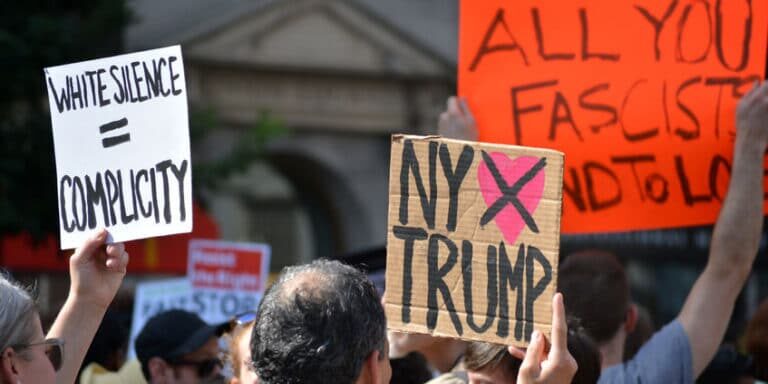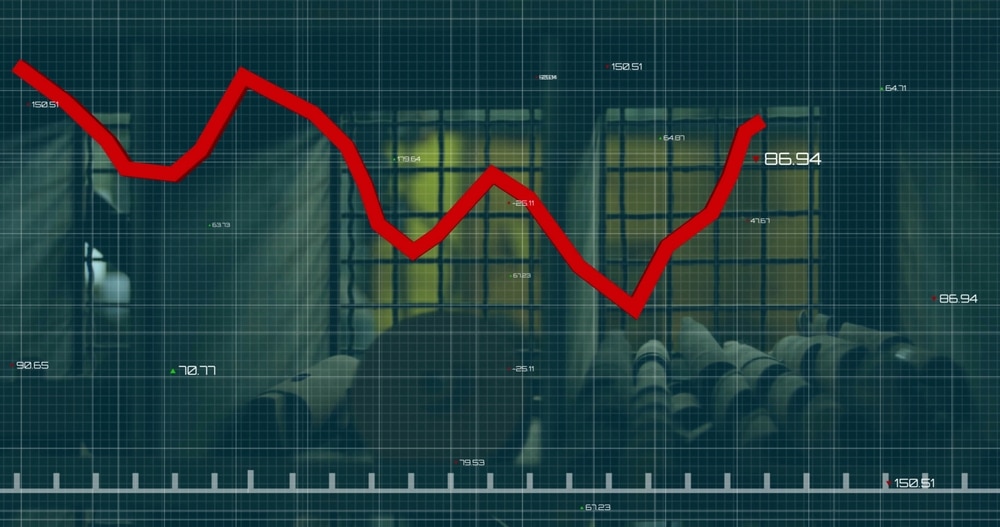
The “Real” Fake News Surrounding Charlottesville
The tragically violent events resulting in three deaths during the Charlottesville rally last week brought the nation face to face with its own conceptions of identity and history.
It’s been almost a week since the rally, and media is still saturated with contentious debates on who was right, who was wrong, and who was to blame. But sadly, the focal point of these debates devolved, moving away from the event itself and toward what pundits and politicians had to say about the events. Instead of analyzing what actually took place, media (hosting the pundits and politicians) instead focused on rallying opinions toward who said the right thing, who said the wrong thing, followed by a weak discussion as to “why”?
What seemed to have vanished in almost every public forum was the event itself.
This is nothing new. With a slight dose of cynicism, one can say that politicians have grown accustomed to the fact that many people either have little time or little interest in the nitty gritty details surrounding an issue or policy. That’s why campaigns are built around slogans and propaganda. The analysis and interpretation of hard data is no longer necessary when a generalized or reductive narrative can manage or give closure to the complexities of an issue.
If “truth” is somehow buried in the details, these narratives prevent us of from penetrating the substratum of facts and perspectives, shielding us from the interpretive uncertainties that may arise from this engagement.
In other words, we are consigned to view “truth” (one of many) from an unreliable distance.
Hardly anyone in media has scrutinized the details regarding what actually happened. Before assigning blame to one or both sides, shouldn’t we first have a spirited debate regarding the details of the event? There were plenty of people there, yet not many first-hand accounts or perspectives have been brought forth, as if media considered the details unimportant.
Media immediately jumped to the moral debate, particularly the remarks made after the event. We hear things of “culture” and “history,” and ill-formulated summations of historical figures, all centered on the statements and opinions of pundits and politicians.
So we jumped from the event itself to the “moral substance” surrounding the event? What a jump. So be it. But do it right.
Analyze the arguments and assumptions rigorously. Opinions are not concepts. What matters here are the concepts, not mere opinion. Anyone can dish out an opinion, but not everyone can formulate and hold a sound concept. Dismissing this crucial distinction, or worse, dismissing the steps needed to diligently focus in on the matter only serves to obscure whatever truths may be buried in the details. Not only does this bury or erase the event itself, dishonoring those who died--this laziness, or shall we say weakness, in thought also stands as an insult to the intellectual integrity that America’s Founding Fathers held in high esteem.












